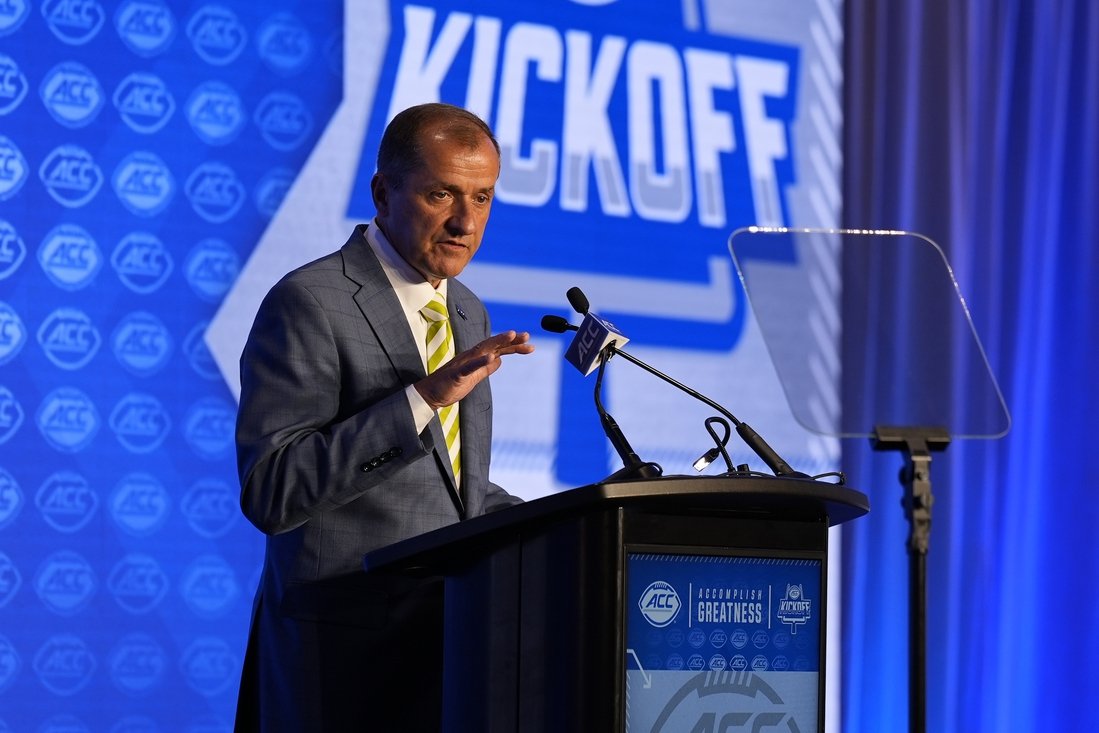A shocking incident has rocked the world of horse racing as a racehorse tested positive for methamphetamine after winning a race in Ohio. In response, PETA (People for the Ethical Treatment of Animals) is calling for a lifetime ban for the rider involved.
The horse in question is Gardy’s Legacy, an 8-year-old Bay Gelding, who underwent a blood test after winning a race at MGM Northfield Park on September 3. The test came back positive for D-methamphetamine, a serious offense according to the U.S. Trotting Association bulletin.
As a result of the positive test, Gardy’s Legacy was disqualified from the race, and its trainer, Samuel Schillaci, was handed a one-year suspension. Schillaci was also required to return the $4,500 in winnings and pay a $1,000 fine. However, PETA believes that these penalties are not severe enough for such a serious violation.
In a letter addressed to the Ohio State Racing Commission, PETA called for a lifetime ban for Schillaci. Kathy Guillermo, senior vice president of PETA’s Equine Matters Department, stated that the small fine and suspension are not commensurate with the gravity of the offense. Administering methamphetamine to a horse endangers its life, and trainers who engage in such callous behavior may pose a threat to other horses as well.
PETA urges the commission to consider not only the safety of Gardy’s Legacy but also the safety of all the other horses in Schillaci’s barn. They believe that permanently barring Schillaci from competing in Ohio would create a safer environment for all participants.
Doping in horse racing is not a new problem. It has been a concern for centuries, with instances dating as far back as Roman times. In an effort to combat this issue, saliva tests were first implemented in 1912 to detect substances such as caffeine, cocaine, and morphine in horses.
In 2020, Congress passed the Horseracing Safety and Integrity Act, which aims to standardize medication and safety rules across all American horseracing. The United States Anti-Doping Agency is now responsible for conducting all testing and investigating medication violations.
The incident involving Gardy’s Legacy highlights the ongoing need for strict regulations and enforcement in the world of horse racing. PETA’s call for a lifetime ban reflects their commitment to upholding the highest standards of ethics and safety in the sport.
By taking decisive action against those who engage in doping and other unethical practices, racing authorities can help ensure the welfare and integrity of the sport. It is essential that measures are in place to protect the horses and maintain a level playing field for all participants.





